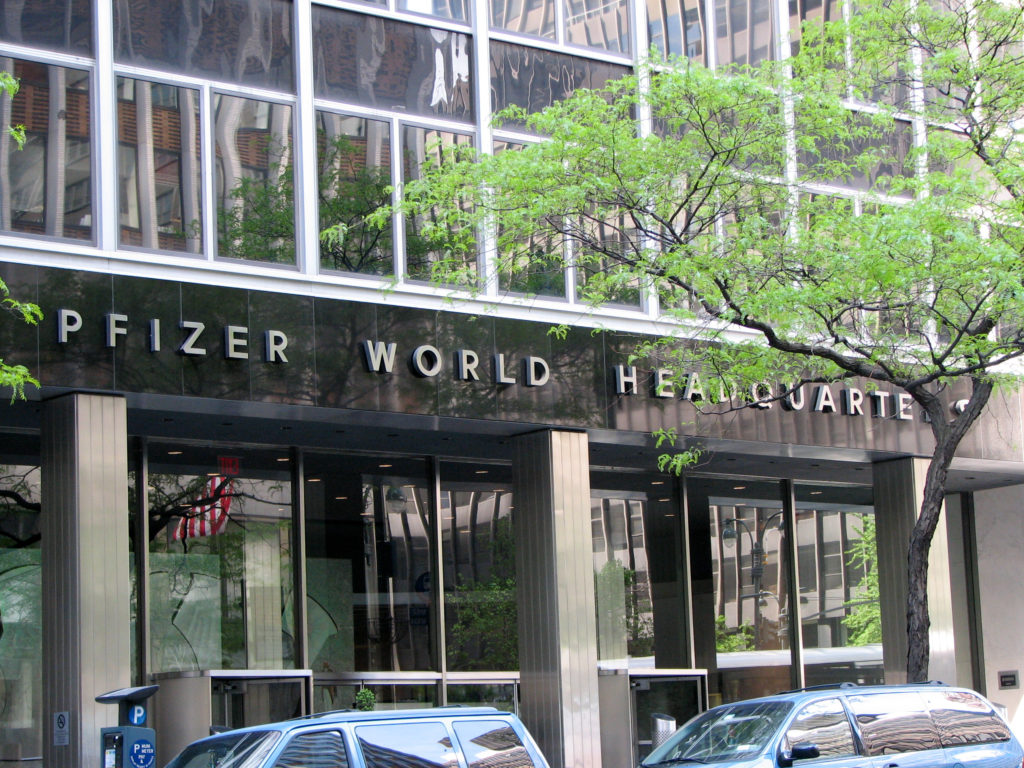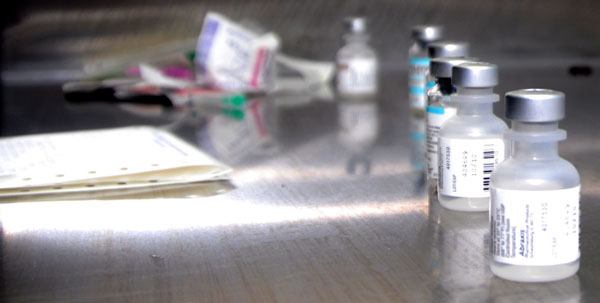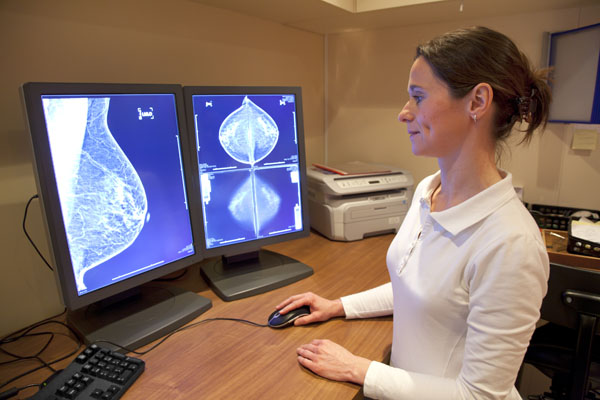On Monday, Pfizer announced the US Food and Drug Administration (FDA) had not approved the company’s biosimilar version of Roche subsidiary Genentech’s breast cancer drug, Herceptin (trastuzumab). The Complete Response Letter (CRL) asked Pfizer for additional technical information on their Herceptin biosimilar, and did not pertain to the safety or efficacy data from clinical trials submitted to the FDA as part of their Biologics License Application (BLA).
The decision means that Mylan remains the only drugmaker to secure regulatory approval for a Herceptin biosimilar in the US. Mylan’s Ogivri was approved by the FDA in December of 2017, however the drug has yet to be launched.
“Pfizer is working closely with the FDA to address the contents of the letter and remains committed to bringing this important medicine to patients in the US,” said Pfizer in a press release. “Pfizer believes that biosimilars are critically important to the future of cancer care, with the potential to increase patient access to life-changing therapies that will help address the evolving needs of healthcare systems, patients, physicians and payers.”
Earlier this month, the FDA sent a CRL to Celltrion and Teva regarding their proposed Herceptin biosimilar. Since Celltrion received a Warning Letter from the FDA in January in regards to manufacturing issues, it’s likely this had an effect on the regulator’s decision to reject their BLA.
RELATED: First Herceptin Biosimilar Approved by FDA
Genentech has enjoyed two decades of market exclusivity with Herceptin, which brought in almost $4.5 billion in US and European sales in 2016. The Roche subsidiary has aggressively defended their patents for Herceptin by previously engaging in legal battles with Pfizer and Mylan.
“I think biosimilars for trastuzumab in general are an incredibly important advance,” Dr. Hope Rugo, clinical professor in the Department of Medicine and director of Breast Oncology Clinical Trials at the University of California, San Francisco, told Evidence-Based Oncology. “The reduced cost will improve the pool of money available for new agents as they come out, because we can’t continuously just increase and increase costs.
“This way, for us, where we have insurance, [it] will allow insurers to potentially continue to insure patients, and also to provide the funding for new agents when they come out. For the rest of the world, it will allow people access to trastuzumab because there will be competition in terms of providing the drug at a lower price.”
Amgen and Allergan have also partnered to develop their Herceptin biosimilar, ABP 980. The two companies have yet to receive FDA approval for the breast cancer biosimilar, however the Committee for Medicinal Products for Human Use (CHMP) has recommended that the European Medicines Agency (EMA) approve the drug.
It’s likely that Pfizer will re-apply for FDA approval of their Herceptin biosimilar, however with multiple companies looking to get into the breast cancer therapeutics space, it’s unclear which drugmaker will be first to market.










Join or login to leave a comment
JOIN LOGIN